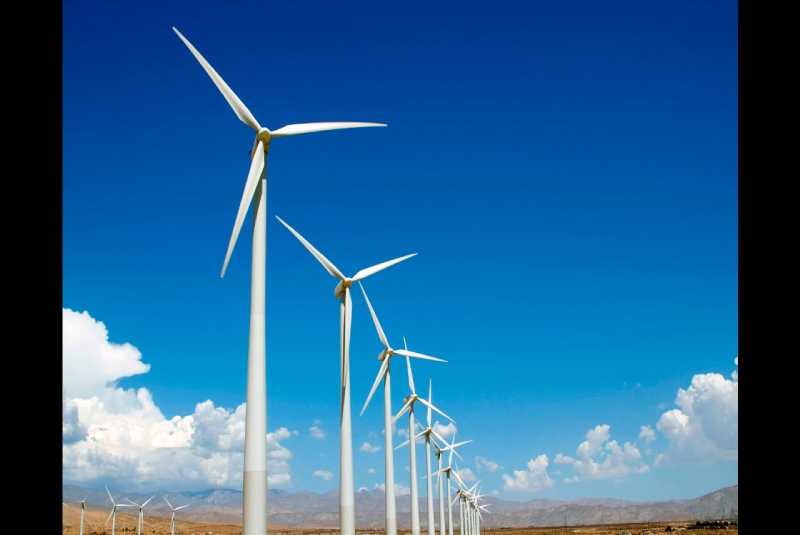
Energy forms the foundation of any economic transformation. Kenya’s Vision 2030 development blueprint envisions these ideals - offering opportunities to its citizens. Economic growth means increased energy demand and consumption. Additionally, the growing human population is leading to increased energy demands.
It is unfortunate that despite the growing patterns of energy demands and consumption, Kenya’s electricity prices have been highly unstable. The Energy Regulatory Commission recently announced an increase in electricity prices, which has put pressure on middle class households’ economies. Consequently, most Kenyan households find electricity out of their reach, hence opt for the traditional ‘dirty’ forms of energy such as kerosene for cooking and lighting.